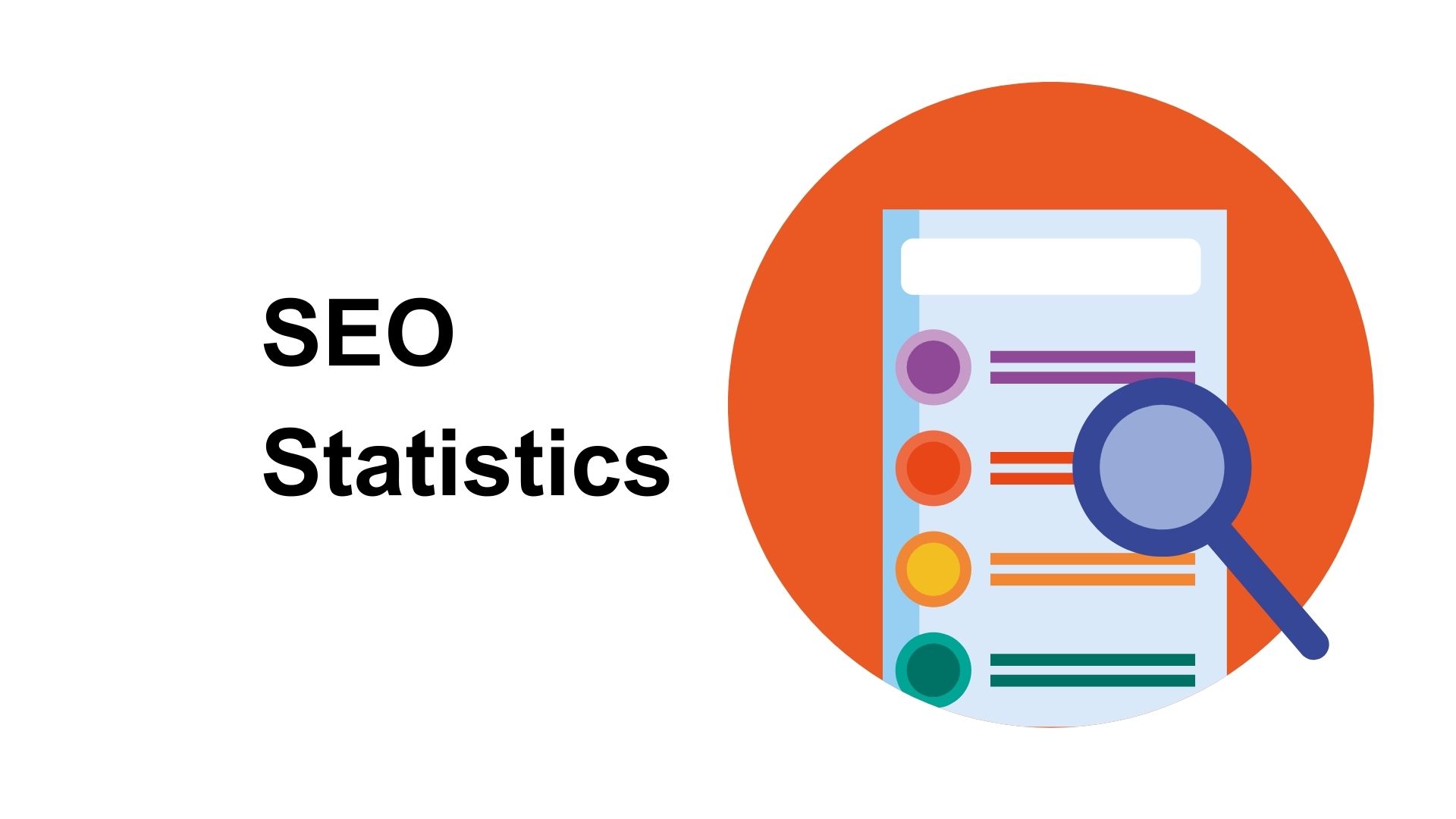I’d Rather Ask for Forgiveness Than for Permission
Seth Godin set the industry abuzz with his permission-based marketing opt-in philosophy. His posit was that loyalty and trust are earned and — certainly in the online landscape — permission is an absolute necessity to build any kind of meaningful relationship with your customer.
Everything Godin said couldn't be more true. Unfortunately, industry response seems to indicate a lot of cluelessness in terms of interpreting these very powerful statements.
We've seen everything, from double opt-in to triple opt-in. We've seen default opt-in, where the onus is on the consumer to notice the inconspicuous box and uncheck it if he or she is not interested. Worst of all, we've seen the generic “trusted partners of ours would like to occasionally send you relevant materials of interest” line, which is essentially nothing more than the right to sell your name to the nearest and highest “qualified” bidder (no, the blanket “saving you money” does not constitute “qualified”).
I took some time to think about how this opt-in mess unfolded. By putting myself in the consumer's mouse, I was able to place the evolution of permission into perspective. In the beginning, everything was new. The Net was new. The online consumer experience was new. The likelihood of trying out something new was that much greater. Getting email was also something new. “You've got mail” meant a lot more then, compared with now. The in box then was akin to an island paradise; the in box now is like being dumped in the middle of a traffic jam in midtown Manhattan.
Back then (and even now), newbies opted in to receiving communications from really anybody. The quality and quantity filters were not necessary. They are now. Today, we're faced with bursting mailboxes. As we become more experienced online, the tendency to opt out increases and to opt in decreases. Pity the new marketer on the block trying to build its database.
Permission-based marketing makes sense in theory but in practice leaves a lot to be desired. I wonder if the “trusted partners of ours would like to occasionally send you relevant materials of interest” was replaced with “as often as possible we're going to try and sell your name to as many prospective buyers as we can” whether the results would be as encouraging. I think not.
Make no mistake, the high-road scenario of matching carefully selected, qualified sellers to highly targeted prospects is still — and always will be — the way to go. The only issue is whether this has to happen through the transparent guise of opt-in.
A while ago, I received an email from Amazon.com informing me of a new Jeffrey Deaver book. The message told me that I was receiving the email because I had bought a Deaver book in the past and might be interested in preordering his new release. Within 30 seconds, I had ordered the book and checked out. Nowhere did I recall opting in to any such service. To be honest, I didn't really care. Amazon had provided me with relevant value, and I had responded accordingly.
I wholeheartedly believe marketers need to earn the right or obtain permission to continue a dialogue with existing customers. But what about initiating the same dialogue? Who makes the first move? How will consumers ever know what they're missing out on?
We've created a storm in a tea cup, surrounding the semantics of what constitutes permission or opt-in. The reality is that a lot of value is out there, and it's not all in the form of opt-in communications.
We might want to be a little more proactive in alerting customers about information or items that carry particular value or significance. If you already have a relationship with your customers and have something that you know might benefit them but haven't secured that checked box that appears right at the end of a registration form, don't be afraid to make contact with them. What's the worst thing that's going to happen? They tell you that they're not interested (and, yes, some will be a little more vocal than others). What's the best that can happen? They thank you with their ongoing patronage and loyalty.
Perhaps this latter situation is the opportunity to have them revisit and refine their opt-in criteria — especially if you both missed out on the chance the first time around.
Joseph Jaffe is Director of Interactive Media at TBWAChiatDay in New York, where he works with clients such as Kmart, ABSOLUT Vodka, and New York City Public Schools. Before joining TBWAChiatDay, he worked at both Ogilvy and D'Arcy in New York.
Reprinted from ClickZ.
